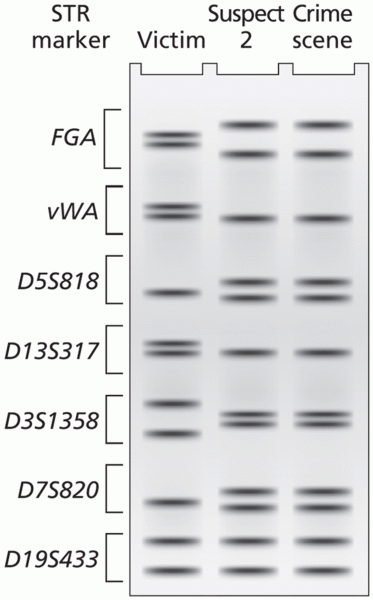|
|
|
Certain topical medications such as clotrimazole and betamethasone are not approved for use in children younger than 12 years of age. They must be used very cautiously, as directed by a doctor, to treat any child. Children have a much greater response to topical steroid medications.
There are over 65,000 known species of protozoa. About 10,000 species are parasitic.
About one in five American adults and teenagers have had a genital herpes infection—and most of them don't know it. People with genital herpes have at least twice the risk of becoming infected with HIV if exposed to it than those people who do not have genital herpes.
Blastomycosis is often misdiagnosed, resulting in tragic outcomes. It is caused by a fungus living in moist soil, in wooded areas of the United States and Canada. If inhaled, the fungus can cause mild breathing problems that may worsen and cause serious illness and even death.
The term bacteria was devised in the 19th century by German biologist Ferdinand Cohn. He based it on the Greek word "bakterion" meaning a small rod or staff. Cohn is considered to be the father of modern bacteriology.
 This moose exploits the twigs and buds of woody plants for the food it needs to survive a cold north
This moose exploits the twigs and buds of woody plants for the food it needs to survive a cold north
 General differences in food webs and carbon flow among terrestrial and aquatic ecosystems (adapted f
General differences in food webs and carbon flow among terrestrial and aquatic ecosystems (adapted f





